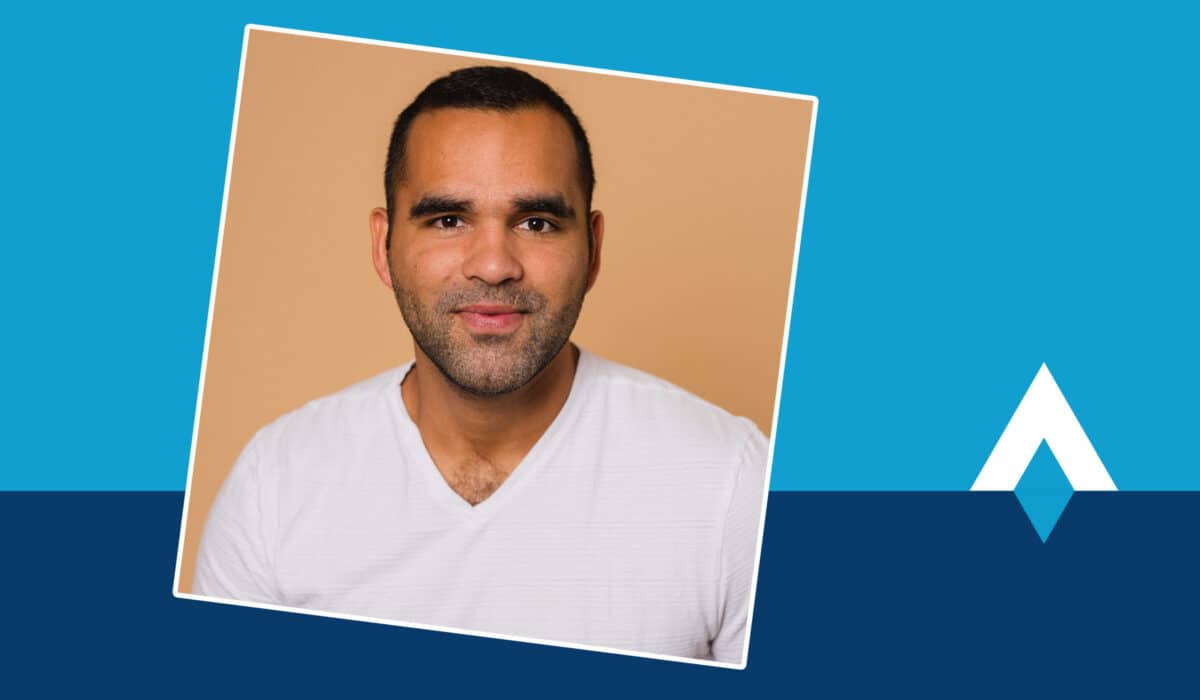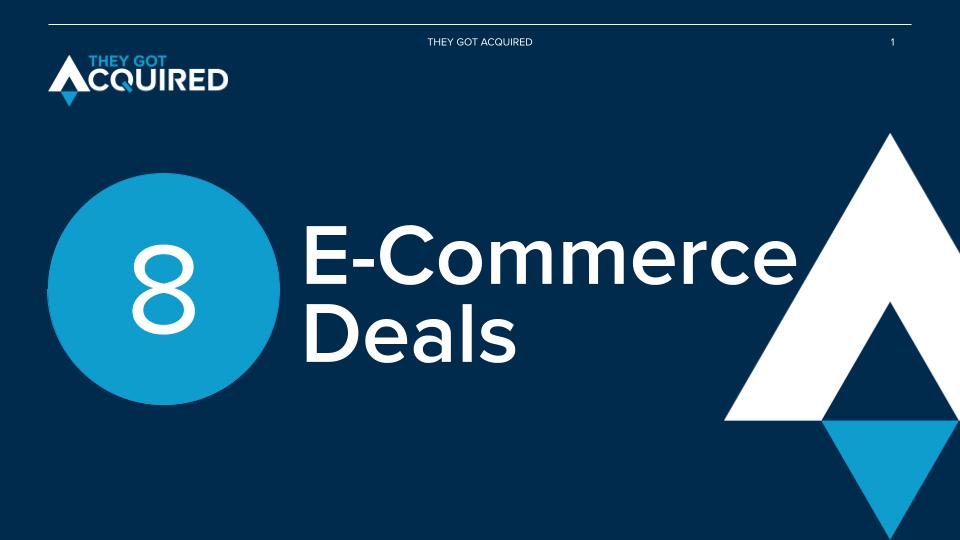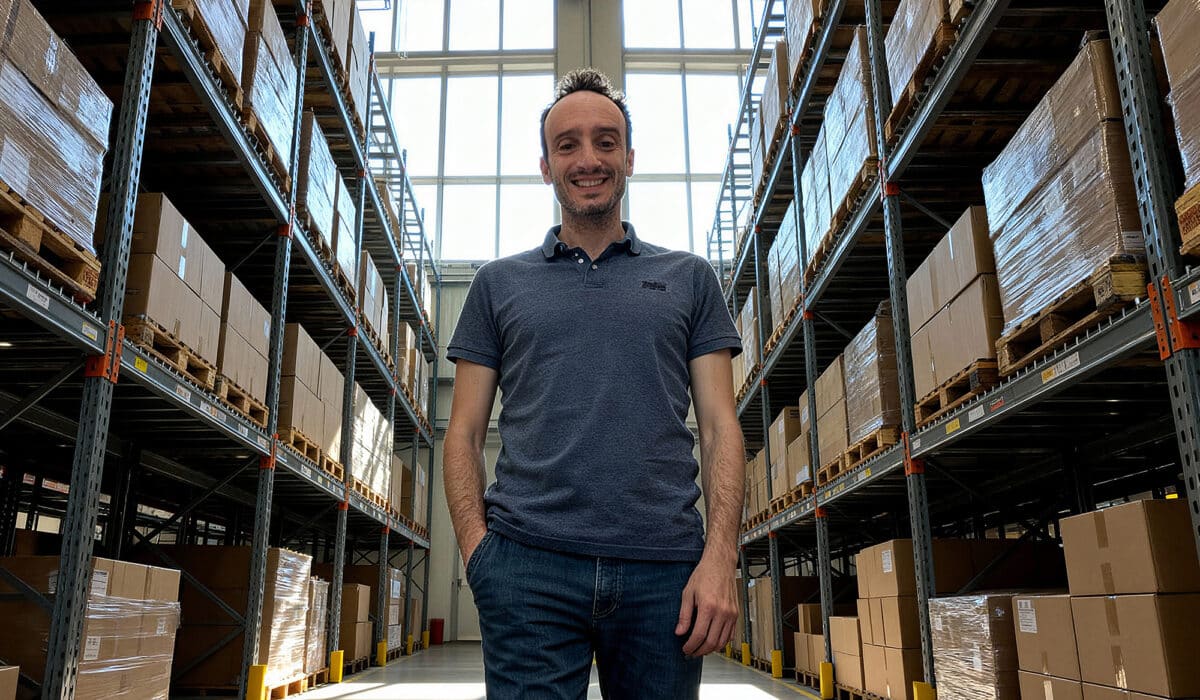Adi Gullia has advice for fellow founders in a questionable market: “Create an airtight environment where you can eliminate all distractions and be maniacally focused on creating value.”
That’s what he did with his online skincare company, Grace & Stella, founded in 2016. When he began discussions with potential buyers in 2021, the stock market was sharply declining and interest rates were rising.
But Gullia said he successfully navigated his third exit as a founder because Grace & Stella was well received in the marketplace and had a strong financial track record.
From foot masks to 40+ products: growing Grace & Stella globally
Based in Canada, Gullia launched Grace & Stella with an initial $600 investment of his own money, he wrote on LinkedIn.
It all started with a foot mask, according to a 2019 interview Gullia did with The Globe and Mail. Gullia’s father had brought one home after a trip to Japan, and Gullia, a serial entrepreneur, thought it could sell well. He did a test run on Amazon, and the product sold out within a few weeks.
Inspired, Gullia launched the brand’s signature product, the Dead Sea Mud Mask, and 40+ vegan and cruelty-free skincare products followed. “Cult favorites” include energy drink eye masks, “Spray All Day” rose spray and a hyaluronic acid serum. Products range from around $15 to $45.
“The skincare industry offered an ever-changing landscape marked by high demand, diverse needs and global appeal,” Gullia told us. “It’s hard to imagine another industry where customers are as fervent about their products.”
Within the first year, the brand did $1.6 million in sales, according to a client spotlight on Export Development Canada. The export credit agency provided Grace & Stella loan guarantees “that allowed the company to fulfill the orders, which were flooding in,” the article described.
The loan guarantees allowed Grace & Stella to meet customer demand and grow outside of Canada. The Globe and Mail reported that Grace & Stella sold to customers in 25 countries, including Britain, the U.S., Canada and Spain. Social media also played a role in the company’s growth, with more than 100,000 followers, mostly on Instagram. The brand’s newsletter list collected more than 100,000 subscribers.
Overall, e-commerce accounted for about half of the company’s sales, according to Gullia. Grace & Stella primarily relied on Amazon.
The other half: B2B partnerships.
Gullia had experience growing — and successfully selling — two other startups. From that, he recognized that many e-commerce companies were overly focused on their online presence.
“I saw an opportunity to extend our growth from online to offline channels,” he said. “This necessitated adapting our business model, particularly in terms of financially managing larger, less frequent B2B orders. However, this approach significantly enhanced our brand visibility, rapidly introducing our products to millions of new customers who were previously unaware of our offerings.”
Gullia’s strategy was to find brands with audiences of more than 100 million, he described on his LinkedIn profile. He ultimately secured contracts with major Canadian retailers worth $27 million.
As a result, the team grew. At one point, Grace & Stella employed 15 to 20 people. Roles included a director of growth, operations manager, Amazon account manager, supply chain manager, SEO specialist, marketing specialist, brand manager, sales coordinator, graphics designer, videographer, customer service manager and executive assistant. His wife, Kailee Fatt, joined the team, too.
Overall annual sales totaled 8 figures. Total lifetime revenue reached $85 million, he shared on LinkedIn.
Navigating the sale of Grace & Stella with a market in flux
In 2021, Gullia was ready to sell the company. Like many founders, he wanted a new challenge, this time outside of e-commerce brands. He had also become a dad and wanted to dedicate more time to his family.
To prepare for the sale, he told us, he shrank the company down to about 5 employees. This was more in line with what a buyer would want, since they’d likely already have their own team.
Identifying the right buyer was the biggest challenge. “Each potential buyer would take at least 2 to 3 months to finalize due diligence, which meant that if things fell apart, it would set us back by another quarter,” he said.
It became extremely important to filter out any buyers who weren’t serious upfront — no matter how attractive their offer was.
It took about a year, but through a broker, Gullia found the right buyer, a European private equity group he can’t name due to an NDA.
Up next, Gullia wants to take on a new challenge — in the mental health space.
“It’s something that I feel deserves a massive change,” he said. “Virtually every human struggles with mental health, and to think that, despite technological advances we have made as a society, we have only gone backward in how we feel psychologically.



